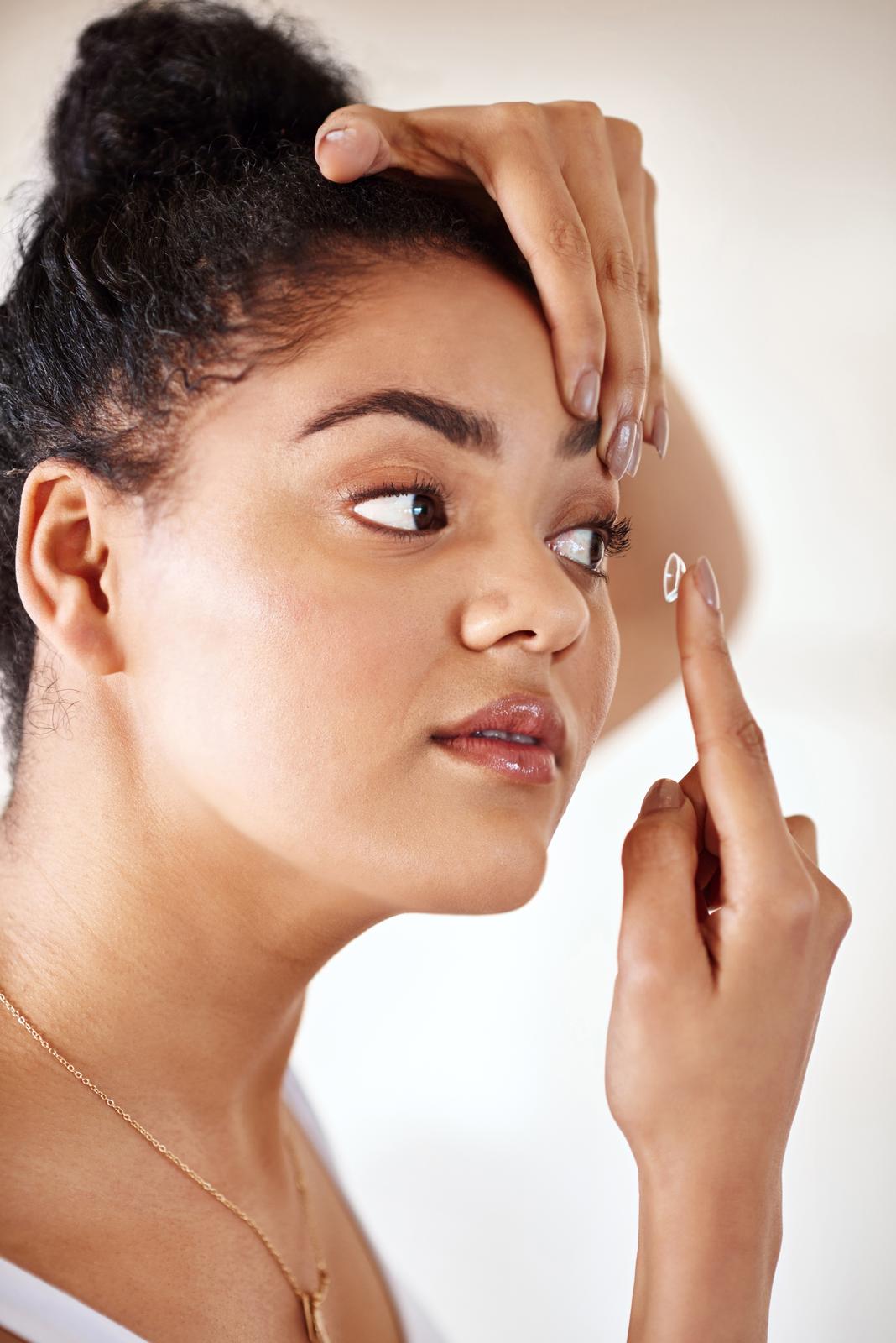Shopping for contact lenses can be a daunting task, especially if you have astigmatism. You want to make sure that you’re getting the best lenses for your eyesight needs. Fortunately, there are plenty of options when it comes to choosing contact lenses that will improve your vision without side-effects like headaches.
What contact lenses are best for astigmatism?
When shopping for contact lenses, people with astigmatism have two primary types of contacts to choose from: soft contacts, and rigid gas permeable (RGP) contacts.
- Soft contacts are typically made from a plastic material called hydrogel and are extremely flexible. They also contain water molecules which keep the eye lubricated throughout the day, making them generally the most comfortable option; correcting both nearsightedness and farsightedness. Many who wear soft contacts say they don’t even realise they’re there!
- RGP contact lenses are made from a hard plastic material that allows oxygen to flow through it, allowing your eyes to breathe better than with other materials like hydrogel or silicone hydrogel. RGP contact lenses can provide sharper vision than soft contacts because they don’t move as easily on your eye – which is great news if you suffer from astigmatism! However, many find them uncomfortable at first due to their rigidity compared to softer materials. The good news is that these contact lenses often become more comfortable over time as your eyes get used to them.
Soft contact lenses are the most common lens type, as RGP’s tend to move more than soft contacts and thus be slightly less comfortable. However, our specialists may recommend RGPs instead if soft lenses aren’t suitable for your eye type.
How to store and maintain contact lenses for longevity
Once you know what type of contact lens is right for you, it’s important to get a fitting done by one of our qualified and experienced optometrists at In One Vision. This allows us to measure your eye and determine exactly which type and size lens will fit correctly on your eye without causing any irritation or discomfort during use. It’s also important to regularly clean your contact lenses properly according to manufacturer’s instructions in order to avoid infection or further damage caused by bacteria build-up over time.
This means using only approved cleaning solutions (not tap water!) as well as replacing them every few months or when specified by your optometrist or manufacturer’s guidelines. Lastly, always remember that any changes in vision should be reported immediately so that we can assess if something is wrong or needs adjustment before permanent damage occurs.
Need new contact lenses? Visit In One Vision for personalised assistance today
At In One Vision, we’ll help you select the right type of contact lenses for your individual vision needs and comfort preferences. Book online or swing by our Roxburgh Park clinic today – we also specialise in eye tests, prescription lenses, frames, designer sunglasses with UV protection and more.



